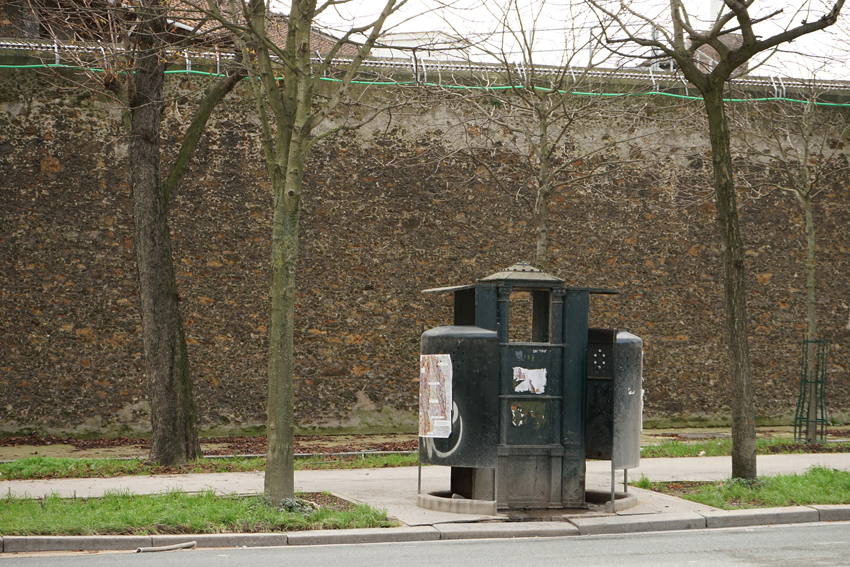Science & Medicine
The medical profession has come to the conclusion that there are at least 40 common treatments which are not necessary (or don’t do any good).
In an interesting study, researchers conclude that there might be a relationship between migraines and gut bacterial species.
AIDS was brought to the USA by one promiscuous homosexual in 1980-81, right? Wrong; it had been there undetected for years!
So that’s how thy mummified the Egyptians.

Yes, cats obviously do get high on catnip, but not for long.
When is a monkey like a human? When it make stone tools. Yes, monkeys have been discovered making sharp stone tools, but do they know what they’re doing?
Lads, eat your heart out! This newly discovered millipede has four penises — but also 414 legs to get in the way.
OK, so from the animal to the mineral … Scientists have accidentally discovered how to turn CO2 into fuel.
As if we hadn’t guessed it, an ancient book confirms that the whole of the Himalayas is an earthquake zone.
Environment
The River Severn looks set to see Henry III’s favourite fish, the Shad, return after a project to install fish passes at a number of weirs gets funding.
History
A Stone Age dog’s tooth provides evidence of the UK’s earliest known journey.
The Museum of London has acquired a rare and unusual document: verbatim minutes of a report to Parliament on the Great Fire of 1666.
William Hogarth, entrepreneurial Londoner.
It seems no-one knew there were some huge holes underneath the Clifton Suspension Bridge.
London
What Is London’s Oldest Church? Define “oldest”. Define “church” even.
It seems that procrastination and fudge are not the preserve of modern major civil engineering wroks. Here’s a brief history of the Regent’s Canal.
And the same again for the Underground’s Northern Line.
London has a new museum. It’s out at Pinner and celebrates the illustrator William Heath Robinson. Diamond Geezer when to investigate. [PS. The chiropractor mentioned is my osteopath.]

A Heath Robinson landscape painting
Westminster Bridge holds some secrets; here are 11 of them.
And another well kept secret is St Paul Cathedral’s triforium. Yet again, IanVisits went to see.
There are many facts about London, and indeed many about the Underground. Here are some Underground facts that aren’t.
Somewhere near Perivale there’s a fighter plane on a rooftop. except tat it isn’t always there.
Finally for this section, a happy 10th birthday to one of our favourite London blogs, IanVisits.
Lifestyle
How to confuse yourself about nothing and also about emptiness. Well that’s Zen for you!
Food & Drink
You mean you didn’t know that you shouldn’t put tomatoes in the fridge? Tut, tut!
Shock, Horror, Humour
Following on from our first item, here are 40 worthless everyday things you can stop doing right now.
More next month.

 During WWII the Architects Department of the London County Council (the LCC; then the local authority for what are now the central London boroughs) set about documenting the cumulative bomb damage in the capital city. This was an area from Woolwich in the east to Hammersmith in the west, and from Crystal Palace in the south to Highgate in the north. Detailed maps were produced showing every property, from the smallest cottage to the large factories. Teams of surveyors soured the area to assess any bomb damage to properties. The damage was graded from “total destruction” down to “minor blast damage” and areas marked for clearance. The sites of V1 flying bomb and V2 rocket impacts were also marked.
During WWII the Architects Department of the London County Council (the LCC; then the local authority for what are now the central London boroughs) set about documenting the cumulative bomb damage in the capital city. This was an area from Woolwich in the east to Hammersmith in the west, and from Crystal Palace in the south to Highgate in the north. Detailed maps were produced showing every property, from the smallest cottage to the large factories. Teams of surveyors soured the area to assess any bomb damage to properties. The damage was graded from “total destruction” down to “minor blast damage” and areas marked for clearance. The sites of V1 flying bomb and V2 rocket impacts were also marked.






